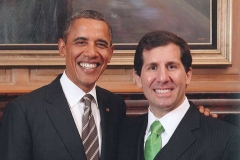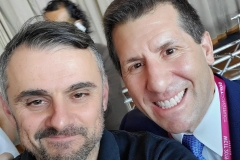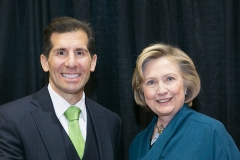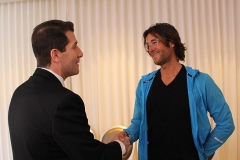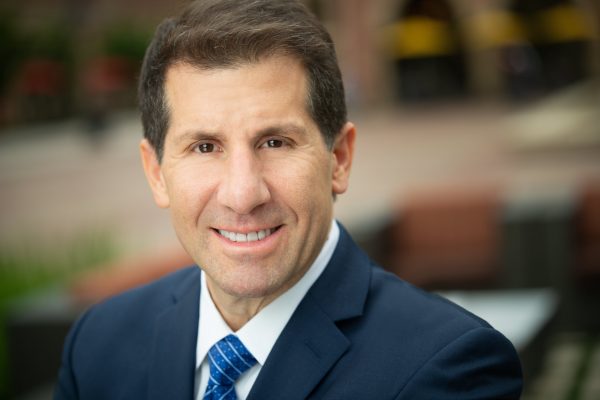
Many of us have obsolete devices relegated to the backs of our drawers, little museums of the technology of days long past. These forgotten laptops and phones seem like merely quaint relics, but if they’re not disposed of correctly, they can leak two different but dangerous things: toxic chemicals and sensitive data.
The world generated a record 53.6 million metric tons of electronic waste in 2019, up more than 21 percent over five years, according to the United Nations’ most recent assessment.
Only about 17 percent of that e-waste was recycled, and what happens to the rest can be detrimental for both human health and privacy. A new systematic review by The Lancet found that “people living in e-waste exposed regions had significantly elevated levels of heavy metals and persistent organic pollutants,” and it advocated for “novel cost-effective methods for safe recycling operations…to ensure the health and safety of vulnerable populations.”
John Shegerian couldn’t agree more. He’s the cofounder and CEO of ERI, one of the largest electronics recycling-and-disposal providers in the world, and the coauthor of ERI’s 2021 book The Insecurity of Everything: How Hardware Data Security Is Becoming the Most Important Topic in the World.
We spoke with Shegerian about e-waste’s effect on the future of our world and our privacy, and the role engineers can play in solutions. The conversation has been edited for length and clarity.

